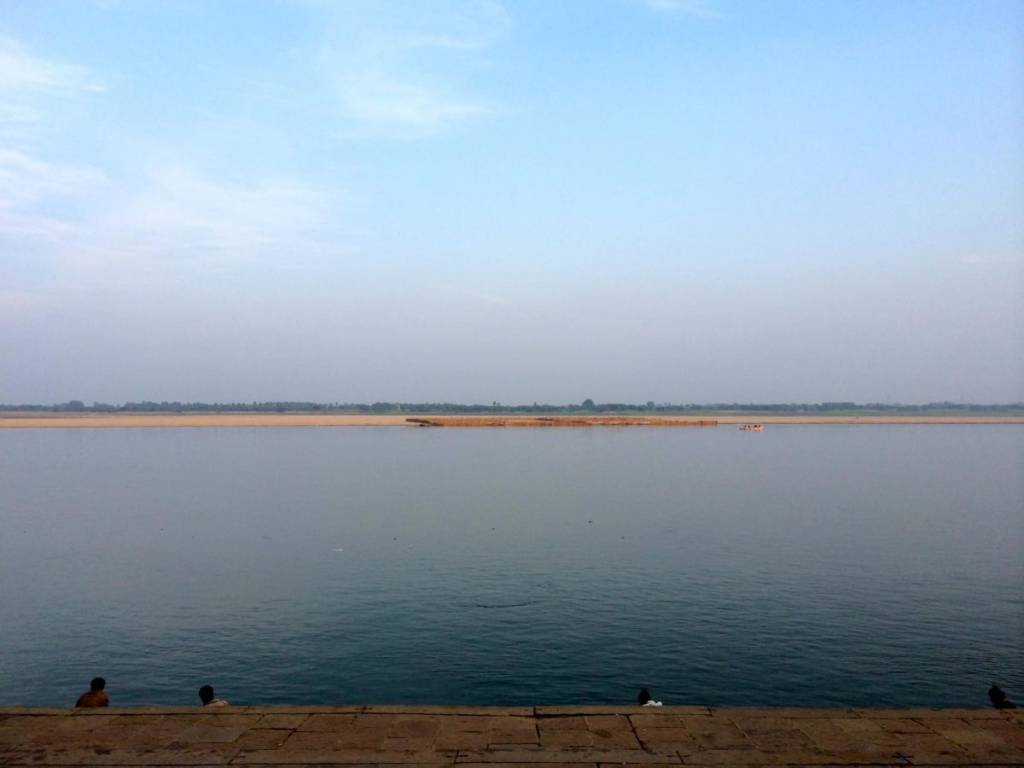
I walked to my apartment in Kathmandu the day after the earthquake. From the news on my iPhone, I had seen that the palace squares had fallen. But when I left the tents where I had slept the night before, I found the flowerpots were still poised upright on the third-story windowsills and on the roof walls at the shop across the lane. The sidewalk had cracked along the water line. The garden walls had collapsed, and it was hot. But those flowers had not moved; they were as they had been. They caught the light. I had envied the plants. In the months I lived in Kathmandu, I had developed the impulse to notice them behind the dust I kicked up in the road as I passed them. That afternoon, there was not any dust because there was no traffic, not even a motorbike, although my landlord had taken her scooter out; she must have been buying emergency rice.










